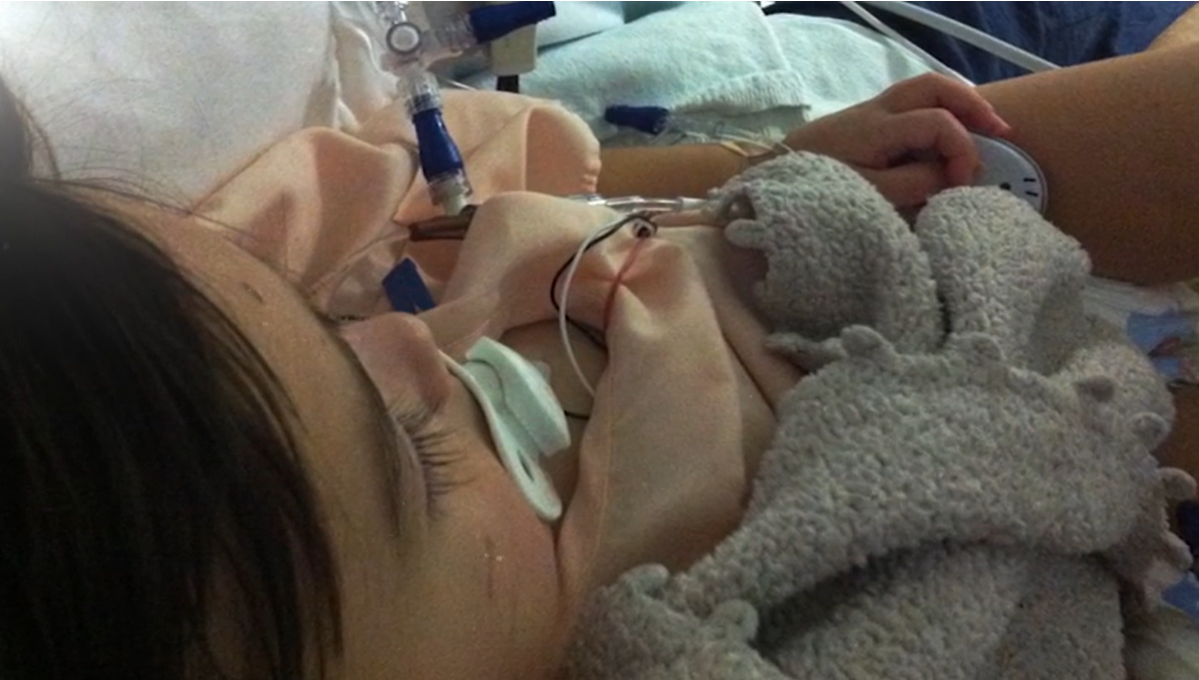
Warning: This post contains spoilers.
"Sex and the City" returned to the small screen earlier this week with the premiere of its sequel series "And Just Like That..." While just two episodes of the 10-episode miniseries have aired, a shocking twist already has fans reeling — and some are swearing off their exercise bikes.
A surprising scene in the first episode of the new series shows Carrie Bradshaw's long-time love Mr. Big dying from a heart attack after a rigorous workout on his Peloton bike.
Get South Florida local news, weather forecasts and entertainment stories to your inbox. Sign up for NBC South Florida newsletters.
While the character has a history of coronary issues, Carrie and fans alike were shocked to find one of the series' major characters collapsed near the shower. Some fans began to wonder: Is it really possible to suffer a severe cardiac event due to exercise?
Can rigorous exercise cause a heart attack?
It is possible to have a heart attack while exercising — though it's also possible to have a heart attack during any other activity, according to Dr. Sean Heffron, a cardiologist at NYU Langone Health.
Health
"Yes, there is a relative risk increase, but the absolute risk is low," Heffron said. "Don't let that dissuade you from becoming an active person. ... There is a recognized increase risk of having a heart attack during period of vigorous exercise, but in the grand scheme of things, the chances ... remain infinitesimally small."
Dr. Aeshita Dwivedi, a cardiologist at Lenox Hill Hospital, said that the increased risk during exercise is because vigorous activity increases the workload on your heart.
"Any external factor, like stress or physical activity, can increase the workload on the heart, and any activity or condition that increases the workload on the heart can predispose you to heart attacks and adverse cardiac events," Dwivedi said. "Usually heart symptoms that worsen with exercise and then get better with rest are definitely very concerning for cardiac disease."
However, all experts interviewed for this article emphasized that it's better for your heart to exercise than avoid working out.
"If you're working out for 30 minutes a day, for the other 23 hours and 30 minutes you are at lower risk than you otherwise would have been if you hadn't worked out," said Dr. Donald Lloyd-Jones, chair of the department of preventive medicine at Northwestern University’s Feinberg School of Medicine in Chicago. "There's the instantaneous short-term small elevation of risk while working out, but there's the much longer-term benefit of having done the exercise."
"On that balance, people who exercise routinely are at much lower risk for heart attacks and for cardiac arrest because of the benefits of the exercise," Lloyd-Jones continued.
What signs should people look out for?
You can increase your risk of heart attack or other cardiac event, Lloyd-Jones said, by doing work that you're incorrectly trained for, like immediately trying to work out at a high level.
"If you're not trained, well, then your risk is actually a little bit higher, right? Because it's an extra stressor on your heart that it's not prepared or trained to handle," Lloyd-Jones explained.
Focus on building strength, not trying to be the best off the bat, and pay attention to your body. Symptoms like chest pain, chest pressure, chest discomfort, difficulty breathing and unusual fatigue are all signs that something could be wrong, said Dwivedi.
"If you're not able to do the activities that you were previously able to do easily or you're getting very tired during the same thing, that's a sign," Dwivedi said.
Other symptoms can include an abnormal heartbeat or feelings of lightheadedness or dizziness during exertion, and even fainting while exercising. Other signs can take place at any point of the day, like waking up short of breath or experiencing swelling in the legs.
Are certain kinds of exercise more likely to cause cardiac events?
Intense exercise isn't limited to Pelotons. Dr. Suzanne Steinbaum, a preventative cardiologist and member of Peloton's Health and Wellness Advisory Council, said she was "saddened" by the character's death, but pointed out Big's "extravagant lifestyle" of "cocktails, cigars and big steaks" and history of heart problems.
"These lifestyle choices and perhaps even his family history, which often is a significant factor, were the likely cause of his death," Steinbaum said in a statement provided by Peloton. "Riding his Peloton Bike may have even helped delay his cardiac event."
Lloyd-Jones said that intensive exercise is more likely to cause a cardiac event than lighter, more low-impact workouts — but it's possible, either way.
"The more burden, the higher heart rate you're shooting for, the higher blood pressure, the higher the risk," Lloyd-Jones said.
What do people with a history of heart problems need to know?
If you do have a history of heart problems or a concerning family history, doctors recommend checking with your physician before embarking on a new exercise regimen or amping up your workout.
"It's important to get checked out by a doctor ... evaluating how much activity you can safely do," Dwivedi said. "Typically, a cardiologist will do a stress test to monitor your heartbeat and your heart rhythm and look for any abnormalities. It's always better to be safe than sorry, so get yourself checked out if you have any concern or history that may be of concern."
If you've recently had a heart attack or other cardiac event, it's best to take some time off before returning to your workout regimen. Seek the services of a cardiac rehabilitation program, which are available at most hospitals with cardiac units and can help you adjust back to your previous levels of activity.
"The hope is that, all things considered and assuming the damage from the heart attack wasn't profound, that someone who is interested in high-intensity exercise could go back to that at some point," said Heffron.
Related:
This story first appeared on TODAY.com. More from TODAY:



